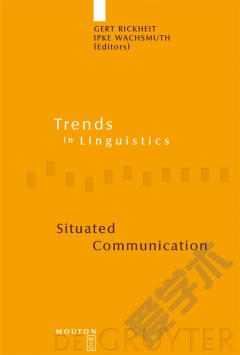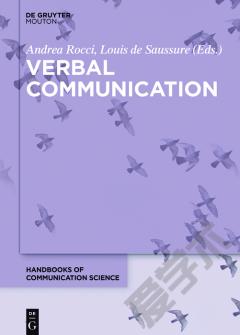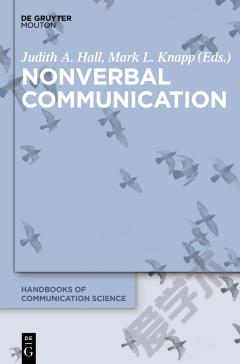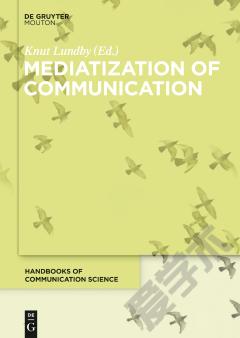Ritual Communication
This article examines Roy Rappaport's theory of ritual from the point of view of recent work on linguistic ideology. Rappaport's theory, I argue, can best be understood as an attempt to marry the performative approach to ritual to one that regards ritual as a form of communication. Rappaport effects this synthesis through an argument about the indexical qualities of performatively produced signs and goes on to argue that because ritual produces indexical signs, it is a uniquely trustworthy channel of communication. Because language is an untrustworthy channel of communication, prone to carrying misrepresentations and lies, people turn to ritual to make up for language's shortcomings. Here, Rappaport's argument requires reformulation. His assumptions about language reflect a particular linguistic ideology. Where that ideology is in force, ritual will likely play the role he suggests, but where it is not, ritual will be evaluated differently. I illustrate this with examples from Melanesia and the history of Christianity in the West. The force of this reformulation is an insistence on the need for any theory of ritual as communication to situate its claims in relation to broader issues of linguistic ideology and cultural constructions of communication.
{{comment.content}}








 京公网安备 11010802027623号
京公网安备 11010802027623号